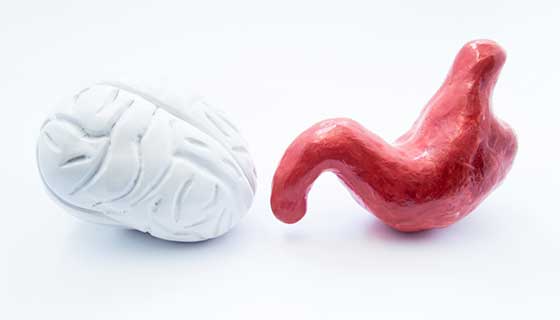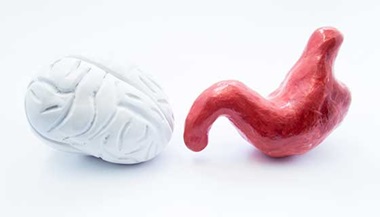Collagenous and Lymphocytic Colitis Treatment
Many treatment approaches are effective in resolving the symptoms of collagenous and lymphocytic colitis. However, there are few patients who are completely cured of the disease. Research is continuing into the most appropriate length of therapy.
Collagenous and Lymphocytic Colitis Treatment: Medication
Research on collagenous and lymphocytic colitis treatment suggests that a medication regimen may be helpful in relieving symptoms. Anti-inflammatory medication appears to improve diarrhea in patients. Because research on this condition is limited, doctors are not sure of the danger of leaving collagenous and lymphocytic colitis untreated.
Treatment options include:
- Symptomatic Therapy
- Antibacterial Medication
- Sulfasalazine
- Adrenocorticoids
- Other Treatments
Collagenous and Lymphocytic Treatment: Symptomatic Treatment
Symptomatic treatment aims to improve symptoms, but does not address the underlying cause of the condition. Symptomatic treatment includes:
- Eliminating caffeine or foods containing lactose, as those foods may aggravate diarrhea
- Maintaining a low-fat diet, especially if steatorrhea (excess fat in stool) is present
- Taking cholestyramine, a medication that reduces cholesterol levels in the blood
- Taking antidiarrheal medications
Collagenous and Lymphocytic Treatment: Antibacterial Medication
Investigators have treated patients with collagenous colitis using antibacterial medication. In a trial of 12 patients, 11 reported that their diarrhea disappeared and did not recur, even two years after treatment.
Collagenous and Lymphocytic Treatment: Sulfasalazine
Sulfasalazine is a medication that reduces inflammation. A low dose will be prescribed and gradually increased it until you achieve full dosage. Slowly increasing the dosage avoids such side effects as nausea and headaches. Fifty percent of patients responded to this therapy; within one to two weeks, the diarrhea noticeably lessened. You may need to be on the full medication for three months, and then your doctor will gradually lower the dosage.
Collagenous & Lymphocytic Colitis Treatment: Adrenocorticoids
If sulfasalazine failed to improve your symptoms after two to four weeks, or you were unable to tolerate it well, adrenocorticoids may be prescribed. Adrenocorticoid medication is a steroid treatment that can resolve diarrhea in as quickly as five days.
Patients who have more than two liters of stool per day may need to be hospitalized and treated with intravenous steroids. Once diarrhea is under control, you will need to continue taking the medication for at least three months. Your doctor will discuss treatment options if your diarrhea recurs after you discontinue the medication.
Collagenous and Lymphocytic Colitis Treatment: Other Treatments
Other courses of treatment include taking over-the-counter medication that provides relief for upset stomach and diarrhea.
In severe cases, surgeons need to perform an ileostomy, a surgical procedure that brings the end of the small intestine outside of the body. Waste passes out of the ileostomy and is collected in an external pouch attached to the skin.






